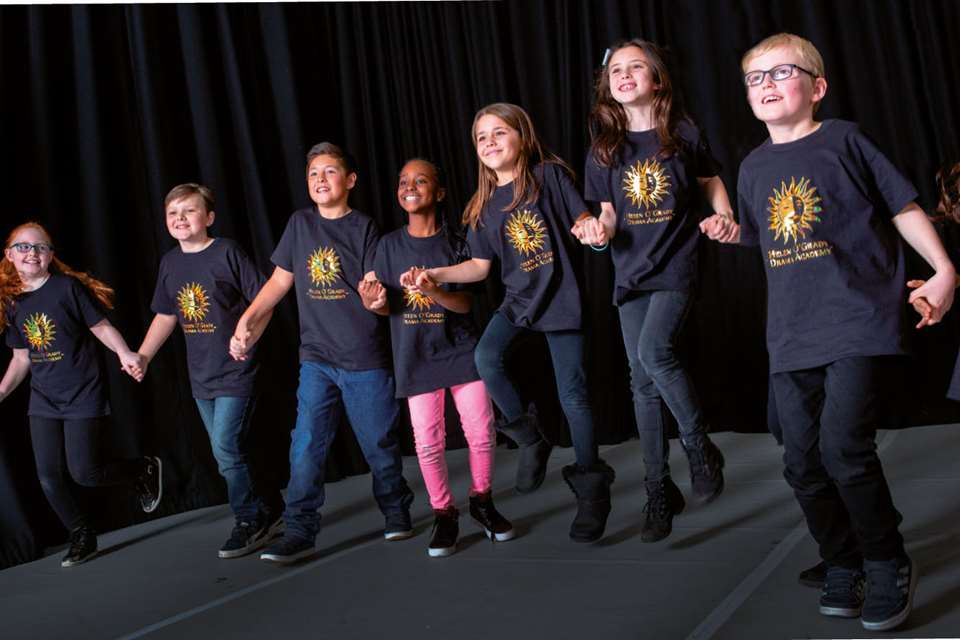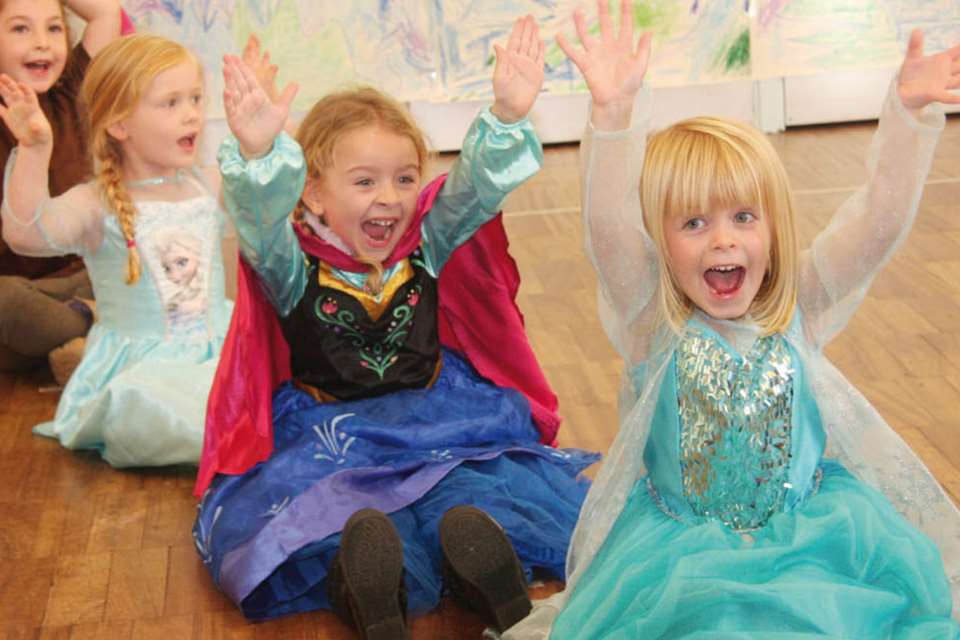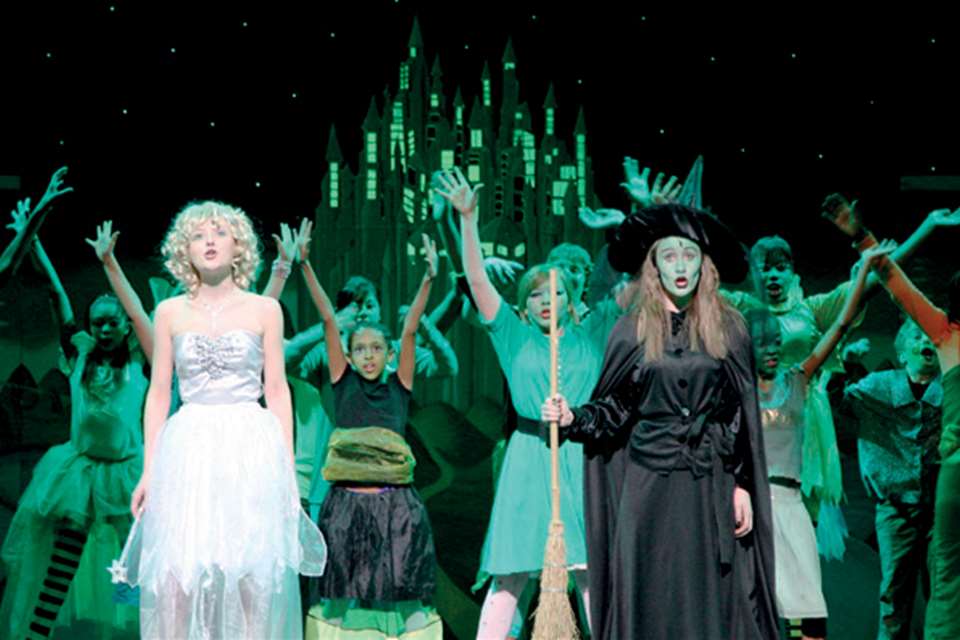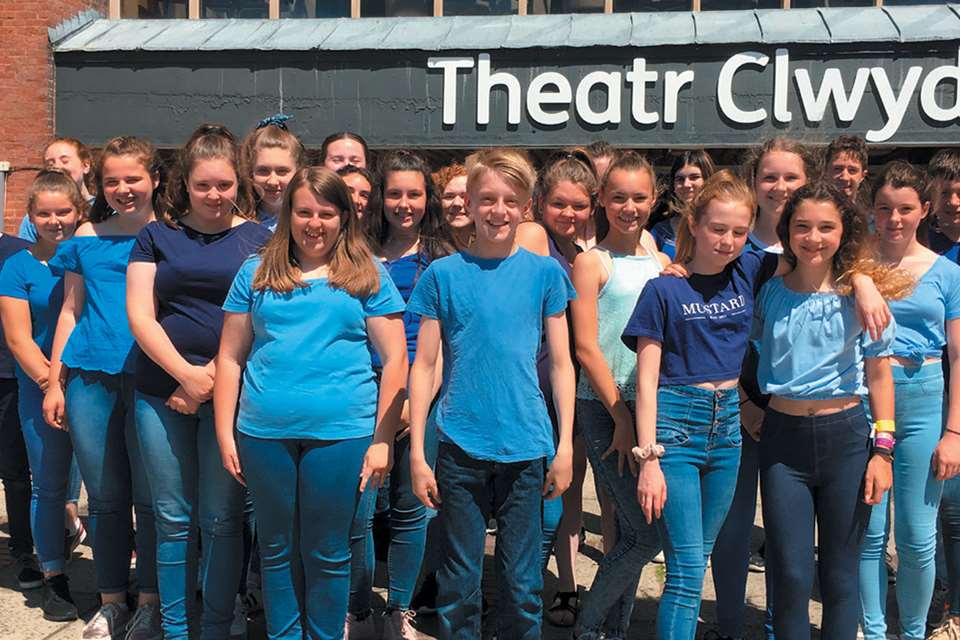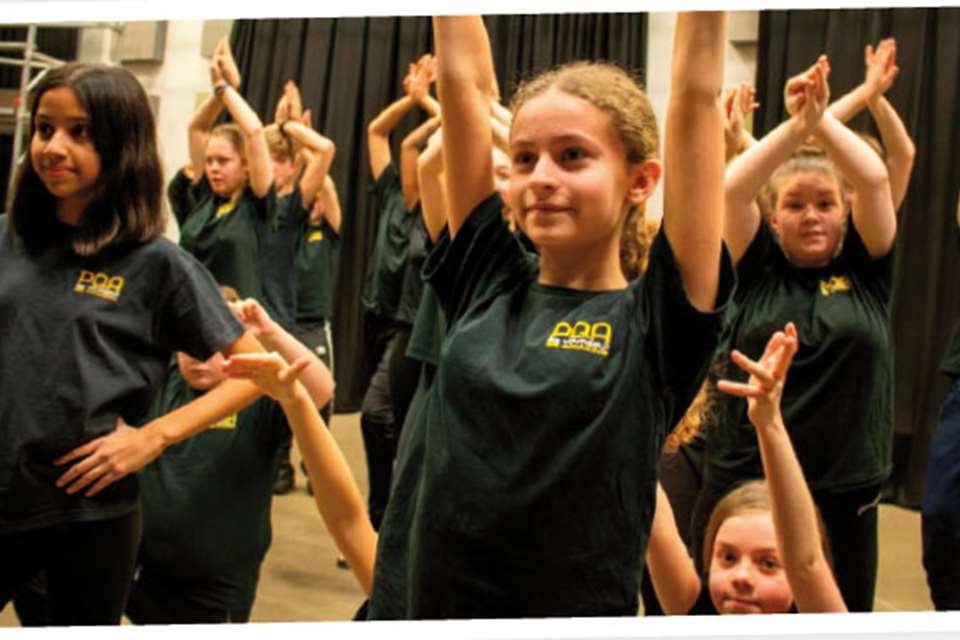Going Solo: ABRSM's Singing for Musical Theatre exams
Tuesday, February 1, 2022
A couple of years since the syllabus was first launched, the full complement of grades is now available on ABRSM's Singing for Musical Theatre course – teacher Hannah shares her experience of guiding students through
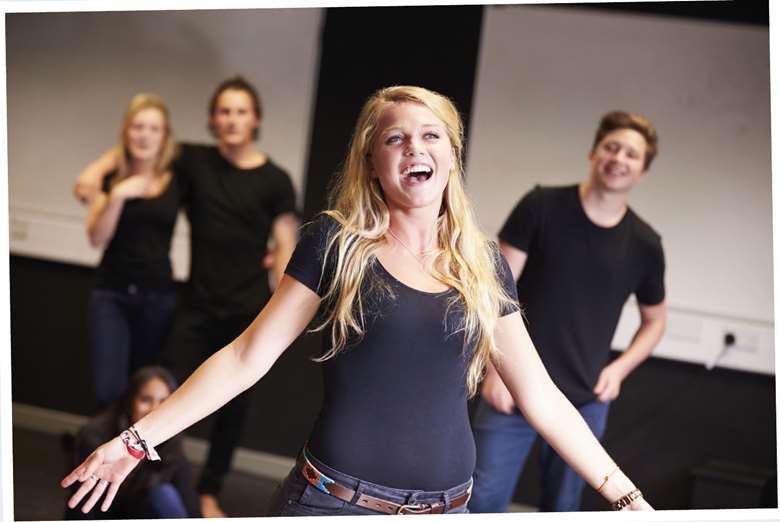
Monkey Business/ Adobe Stock
When ABRSM first introduced its Singing for Musical Theatre exams, I was immediately intrigued. I had been using other exam boards up to this point but was interested in an MT syllabus that focussed purely on singing.
At first, the long list of songs felt a bit daunting, but when I went through them it was clear that there is a broad range of repertoire to suit different voices, ages and abilities – I found them a lot easier to navigate when I had a particular student in mind.
Soon I had a student who was keen to prepare for a Performance Grade (ABRSM's digital exam). It was early in 2021 and we were in and out of lockdowns at the time, so a digital grade seemed the safest bet. It took us a while to focus in on the repertoire she wanted to prepare, and we did look at quite a few possible songs along the way, before deciding on the four that she enjoyed the most.
Being a younger student, she was immediately drawn to some of the songs from Disney films – this was the moment when I found the grading of the songs unexpectedly helpful. Disney songs are often performed by experienced adult singers, but the films aimed at primary age children. Being able to show younger students the suggested grade level of their favourite songs was sometimes helpful in signposting why I had created an adjusted or tailor-made version for them.
Useful guidance
I also found the PG (parental guidance) rating useful in flagging potentially inappropriate repertoire for younger singers. I expect students to understand their characters and the context of their songs, as this can have such a positive impact on how they perform. Don't Lose Ur Head is set at Grade 3 and Six is a firm favourite with some of my students. While the song has been cut for exam purposes to avoid the potentially challenging lyrics, students will (and should!) listen to the entire song/musical, so this is just something to be aware of if keen younger students start exploring the syllabus lists independently.
Sight-reading firsts
When Covid restrictions were relaxed in the early Autumn, I started looking at the Sight Reading and Aural Tests, as not all students warmed to the idea of recording themselves for digital exams. These were completely new to me, as none of the MT boards I have used before had tests like these. I'm not going to lie, even the thought of sight-reading sent some of my students into a panic, and it was a struggle for those who had never read music before. That said, one student (who admittedly has a very good ear) really surprised me. She grasped the basic contours of pitch quite quickly and was already half-way there on the rhythm front from her tap classes. When I sneakily pointed out that the piano part played most of the melody with her, she was off! Some overshooting of intervals and not all the syncopations were there, but she got herself back on track quickly by listening to the piano; it was a surprising and humbling moment.
Stumbling blocks
Having looked at the Grade 6-8 lists, there are some great songs that students will enjoy working on, but I am worried about the Grade 5 Theory hurdle for those not doing GCSE/A Level music or learning an instrument. The sight-reading and aural tests (which are only required in face-to-face exams) were clearly chosen to have more of an MT feel, but the theory exam is still based around western classical music. I don't have a fundamental problem with students needing to demonstrate broader musicianship skills to progress to the higher grades – it shows that MT singing is comparable with all the other syllabuses that ABRSM offers, and Grades 6-8 do carry UCAS points – but it would be good to have an option that was more relevant to the MT world.
Overall, I like the breadth of song choice and that they are constantly adding to these lists. Students like that they have the option of entering for either a face-to-face or digital exam as suits them best, and the two exam options have different challenges. ABRSM's approach is different to the other graded MT exams that I have used to date, but it's definitely one that I will keep my eye on.
Find out more about ABRSM's Singing for Musical Theatre syllabus at https://gb.abrsm.org/en/our-exams/singing-for-musical-theatre/


